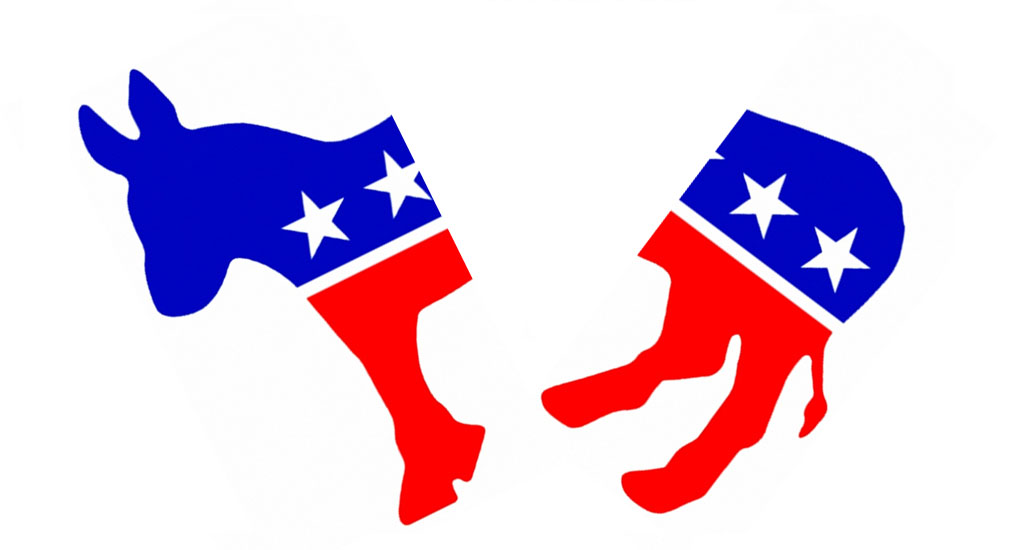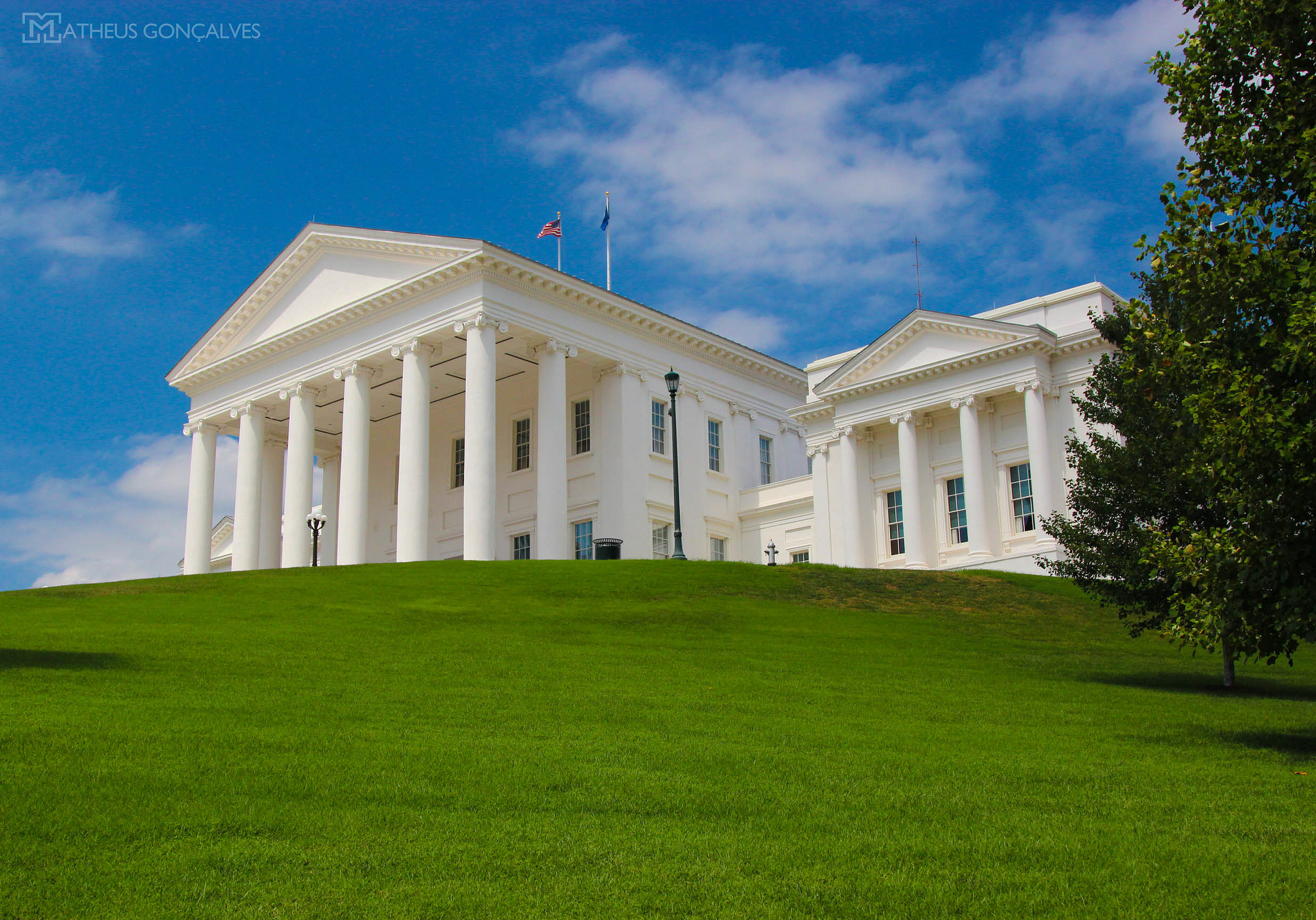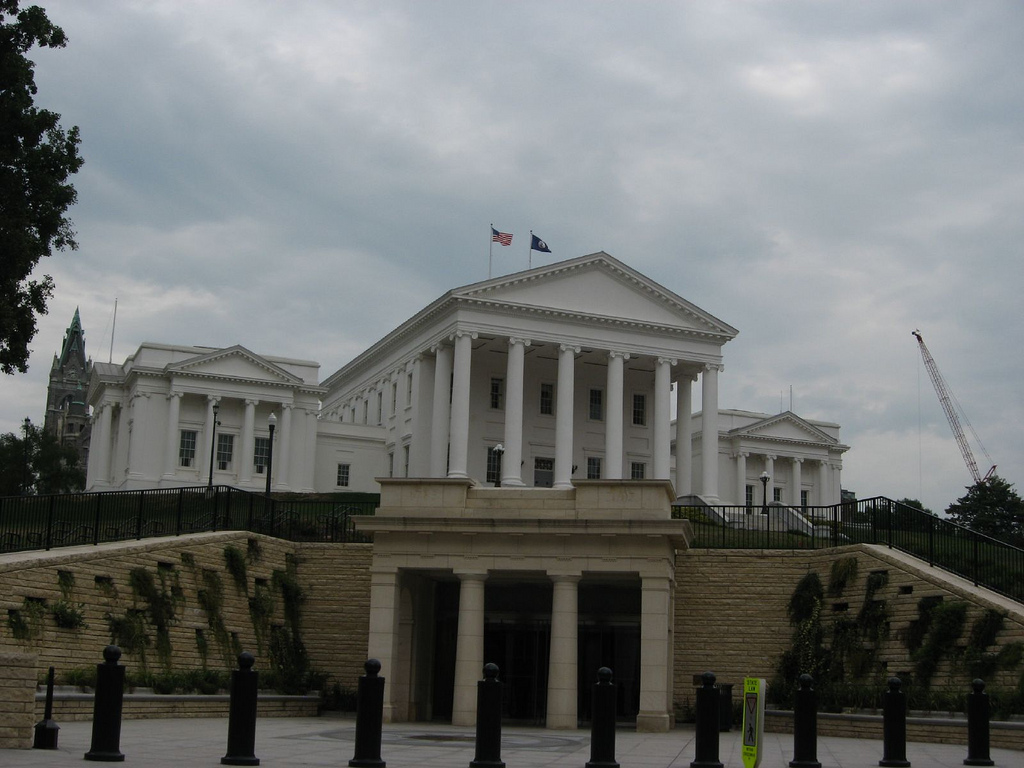Governor Glenn Youngkin (R-Virginia) has announced that Virginia will withdraw from the Regional Greenhouse Gas Initiative (RGGI) consortium by 2023.
The measure, enacted under the Northan-led Democratic General Assembly, requires a period of regulatory compliance under which Virginia’s Department of Natural and Historic Resources is required to submit to the state air control board for final approval.
This regulatory strategy is similar to the one McAuliffe employed in order to delay and finally kill state compliance with basic health standards for abortion centers, which bought McAuliffe enough time to finally kill the legislation via regulatory non-compliance with the coup de grace applied by a future Democratic-controlled General Assembly.
From Charlotte Rene Woods over at the RTD:
Debates have surfaced over whether or not that is a viable route to remove Virginia from RGGI, a consortium of 12 states in which energy producers trade emission reductions for credits, or they buy credits to emit carbon dioxide past a capped amount.
Environmental and legal groups argue that the purview lies within the state legislature (which put Virginia into RGGI in the first place). At an air pollution control board meeting this spring, member Hope Cupit said she had received correspondence from the attorney general’s office reiterating that point.
RGGI is an attempt to create a “free market” cap-and-trade schematic for carbon credits, much in the same way that local governments cap development in agricultural districts and then trade development rights to areas where localities seek to channel high-density growth pattens and combat sprawl. RGGI would do likewise for carbon credits, capping a state’s ability to produce carbon, reducing that carbon footprint, and then trading with other state governments who seek to buy carbon credits from those who have enacted green energy alternatives.
Objections from Democrats over whether the governor can override the will of an elected body through delay and regulation seems rather hypocritical given the nature of how then-Governor McAuliffe weaponized the regulatory process in Richmond from 2014 to 2018:
“An administration cannot just magically override the will of the democratically elected legislature,” Walton Shepherd, a senior attorney with the Natural Resources Defense Council, said Wednesday.
Until they do.
Yet to some degree, the regulatory process — whether the will of the state legislature is indeed actionable — is a useful tool when compliance and interoperability are concerns.
That term interoperability could be synonymous with the word execution, which we have an entire branch of government which ideally serves at the pleasure of the chief executive — the Governor of the Commonwealth of Virginia — whom interprets how best to execute those laws.
Of course, the Democrats know that there are problems with RGGI and are supplicating the gods for some sort of course adjustment:
Tompkins suggested that rather than pulling Virginia from the program, the state legislature could revisit RGGI laws to add more consumer protections.
“A lot of the issues with RGGI are based on the General Assembly’s direction and laws or rules to operate,” she said. “Why are we not going after the General Assembly to change the rules rather than taking away something from the state that is turning out by some factors to be a positive?”
Which is precisely where the problem lies, because Virginia’s participation in RGGI acts as a self-taxing mechanism entirely independent of the Commonwealth of Virginia, with the ability to raise and lower energy bills based on RGGI’s definition of compliance.
As a regulatory feature, this is precisely the sort of regulatory overstretch that a governor — and in this case, it will be Youngkin — is designed to protect Virginians from.






